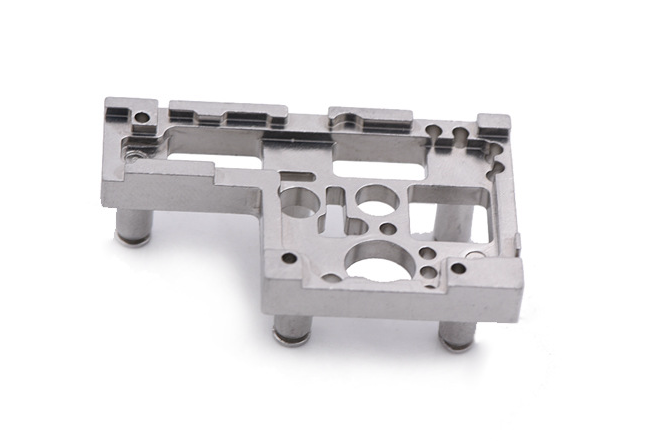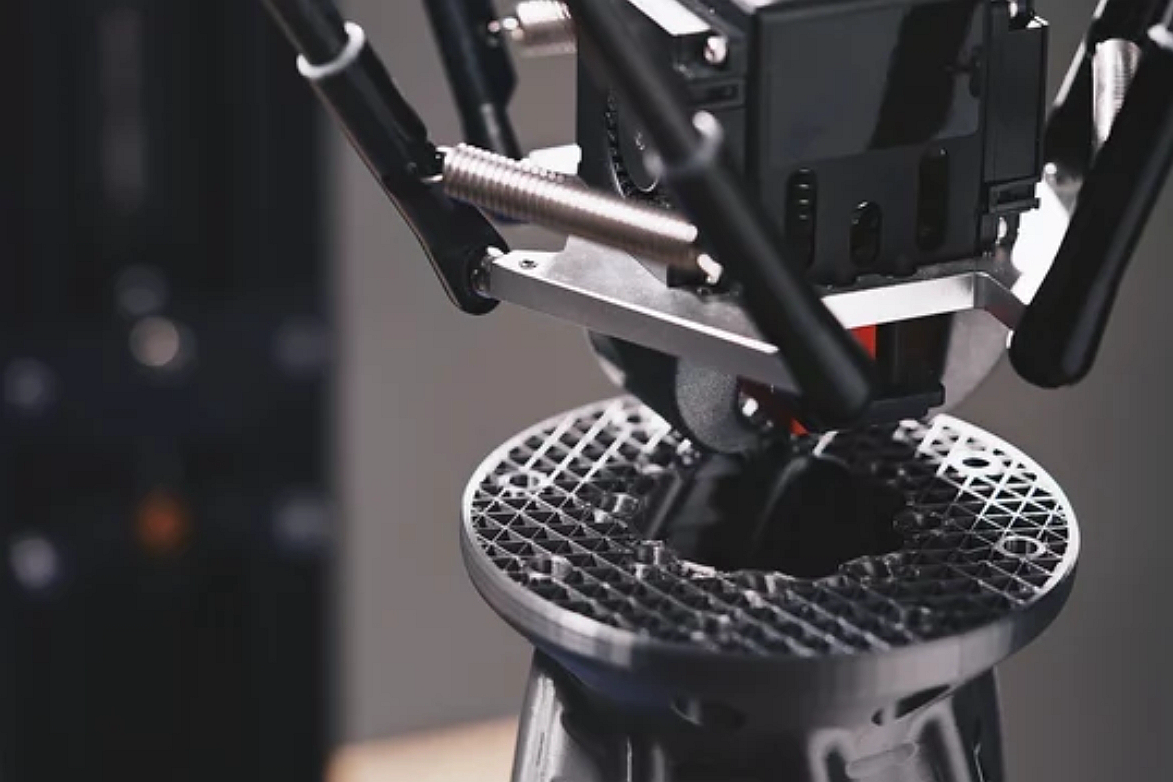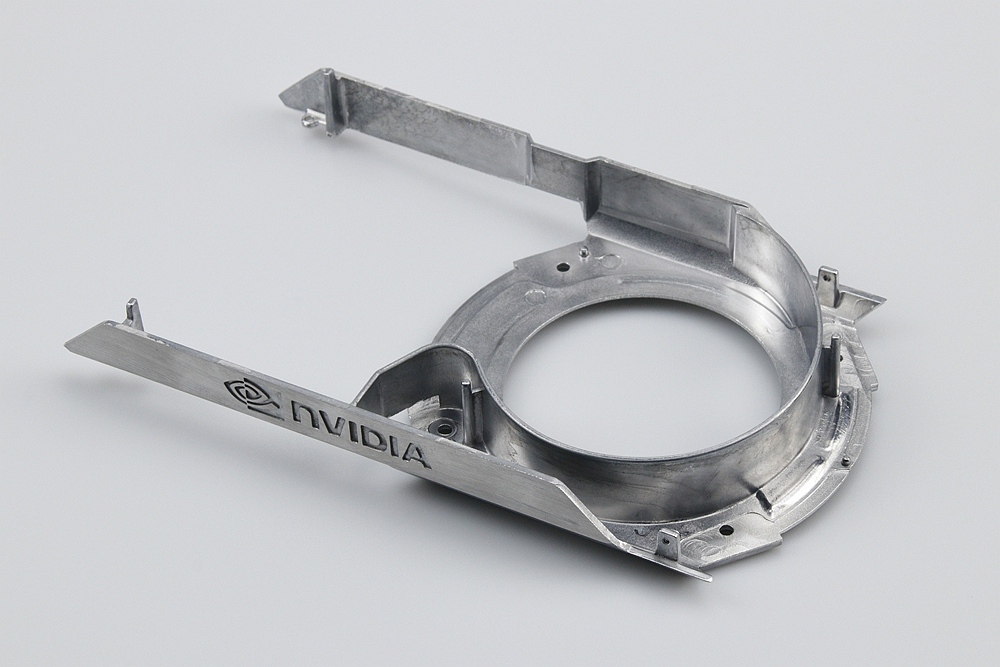Exploring Applications and Benefits of Metal Injected Custom Parts
Introduction
Metal Injection Molding (MIM) is an advanced manufacturing technology that seamlessly combines the versatility of injection molding processes used for plastics with the durability and mechanical strength of metals. It has become essential for producing intricate custom metal components across diverse industries. Its ability to handle complex geometries, ensure high precision, and deliver cost-efficiency makes MIM highly competitive in modern metal parts manufacturing.
Understanding Metal Injection Molding (MIM)
What is MIM?
Metal Injection Molding is a specialized technique involving shaping finely powdered metals into intricate forms using injection molding techniques traditionally associated with plastics. This approach merges the precise dimensional control of plastic injection molding with the performance advantages of metals, resulting in high-quality components with exceptional detail and strength.
How does the Metal Injection Molding process work?
The MIM process comprises several critical steps:
Feedstock Preparation: Fine metal powders, such as Inconel 625 or stainless steel, are combined with specialized binders, creating moldable feedstock.
Injection Molding: The metal feedstock is heated and injected into precision molds, forming complex shapes with intricate geometries.
Debinding: Molded parts undergo debonding, removing binders without compromising the component's shape or dimensional accuracy.
Sintering: Finally, the components are sintered—heated below their melting point—to fuse metal particles, resulting in dense, structurally strong metal injected parts.
Materials Commonly Used in MIM
MIM accommodates a wide array of materials, including stainless steel alloys such as 17-4 PH stainless steel, titanium, tungsten alloys, cobalt alloys like Stellite 6, and nickel-based alloys, each tailored to meet specific industrial requirements and performance criteria.
Applications of Metal Injected Custom Parts
Aerospace Components
MIM excels in aerospace manufacturing, producing critical components like turbine blades, sensor housings, and fuel injector nozzles. Often manufactured from high-performance materials such as Inconel 713LC, these parts meet demanding specifications essential for enduring extreme operational environments.
Automotive Industry
In the automotive industry, metal injection molding contributes significantly to parts such as transmission system components, braking mechanisms, and engine valves. MIM’s ability to precisely manufacture durable, complex parts from robust materials like low alloy steel ensures enhanced vehicle performance, safety, and reliability.
Medical Devices
The medical sector leverages MIM technology for precise components, including surgical instruments and implantable devices. MIM's high precision and biocompatible materials like CoCrMo alloys ensure compliance with strict medical standards and requirements for durability, corrosion resistance, and dimensional accuracy.
Consumer Electronics
Consumer electronics heavily utilize MIM for manufacturing small, intricate parts such as internal casings, hinges, and connectors. MIM’s precision allows electronics manufacturers to continuously miniaturize components without sacrificing functionality, using materials like MIM-316L stainless steel.
Energy and Power Sector
MIM-produced parts, including valves, fittings, and heat exchanger components, are increasingly critical in energy and power industries. The method effectively employs materials such as Inconel 738 and tungsten alloys, providing the mechanical strength and thermal stability required for high-pressure, high-temperature applications.
Key Benefits of Metal Injection Molding
Complex Geometries with High Precision
MIM can uniquely produce components with highly complex geometries that are difficult or impossible to achieve with conventional processes like CNC machining. Precision is exceptional, achieving dimensional tolerances as tight as ±0.5%.
Cost Efficiency for Mass Production
Metal Injection Molding offers significant cost savings for large-scale production. Once initial tooling is set, per-part costs dramatically decrease, making it economically viable for industries such as automotive and electronics manufacturing to efficiently produce large quantities of high-quality components.
Material Versatility
MIM provides unparalleled flexibility in material selection, allowing manufacturers to choose optimal materials, ranging from corrosion-resistant stainless steel to high-density tungsten alloys, based on specific performance requirements and applications.
Superior Mechanical Properties and Consistency
Components produced through MIM exhibit mechanical properties often superior to traditional methods such as investment casting or machining. The sintering process improves density, structural integrity, and wear resistance, delivering consistent quality across production batches.
Sustainability Benefits
Metal Injection Molding supports sustainability by minimizing waste; excess powders from materials such as nickel-based alloys can be recycled. Its energy-efficient production aligns perfectly with environmentally responsible manufacturing practices.
Comparing Metal Injection Molding to Other Methods
MIM vs. Die Casting
Die casting is typically suited for simpler shapes and lower melting-point metals such as aluminum or zinc alloys like Zamak. In contrast, MIM is ideal for complex, precise parts from high-performance metals like stainless steel, titanium, or nickel-based alloys, making it preferable for demanding industrial applications.
MIM vs. CNC Machining
Unlike CNC machining, which involves substantial material waste, MIM achieves material efficiency, significantly lowering production costs and environmental impact. While CNC machining remains suitable for prototypes and small production runs, MIM’s scalability and precision provide considerable advantages for larger-scale, intricate component manufacturing.
When to Choose MIM for Your Project
Opt for MIM when your project demands intricate geometries, tight dimensional control, high-volume production, and specific metallurgical properties, ensuring cost-efficiency and product excellence.
Considerations and Best Practices
Design Considerations for MIM
Effective MIM designs incorporate uniform wall thickness, rounded corners, and minimal undercuts, accounting for shrinkage and distortion during sintering to achieve optimal dimensional accuracy.
Quality Control Measures
Quality assurance is critical in MIM manufacturing. Employing inspection methods, including dimensional verification, mechanical property tests, and non-destructive evaluation techniques, ensures components consistently meet specifications.
Choosing the Right Partner for Metal Injection Molding
Selecting an experienced MIM partner like Neway Precision ensures your project's success, supported by expert knowledge, comprehensive quality management systems, and proven production capabilities.
Conclusion
Metal Injection Molding offers significant advantages in precision, economy, versatility, and sustainability, proving essential for manufacturing intricate, high-performance metal components. As technological advancements continue, MIM’s application scope is poised to expand further, reinforcing its pivotal role in modern custom parts manufacturing.



